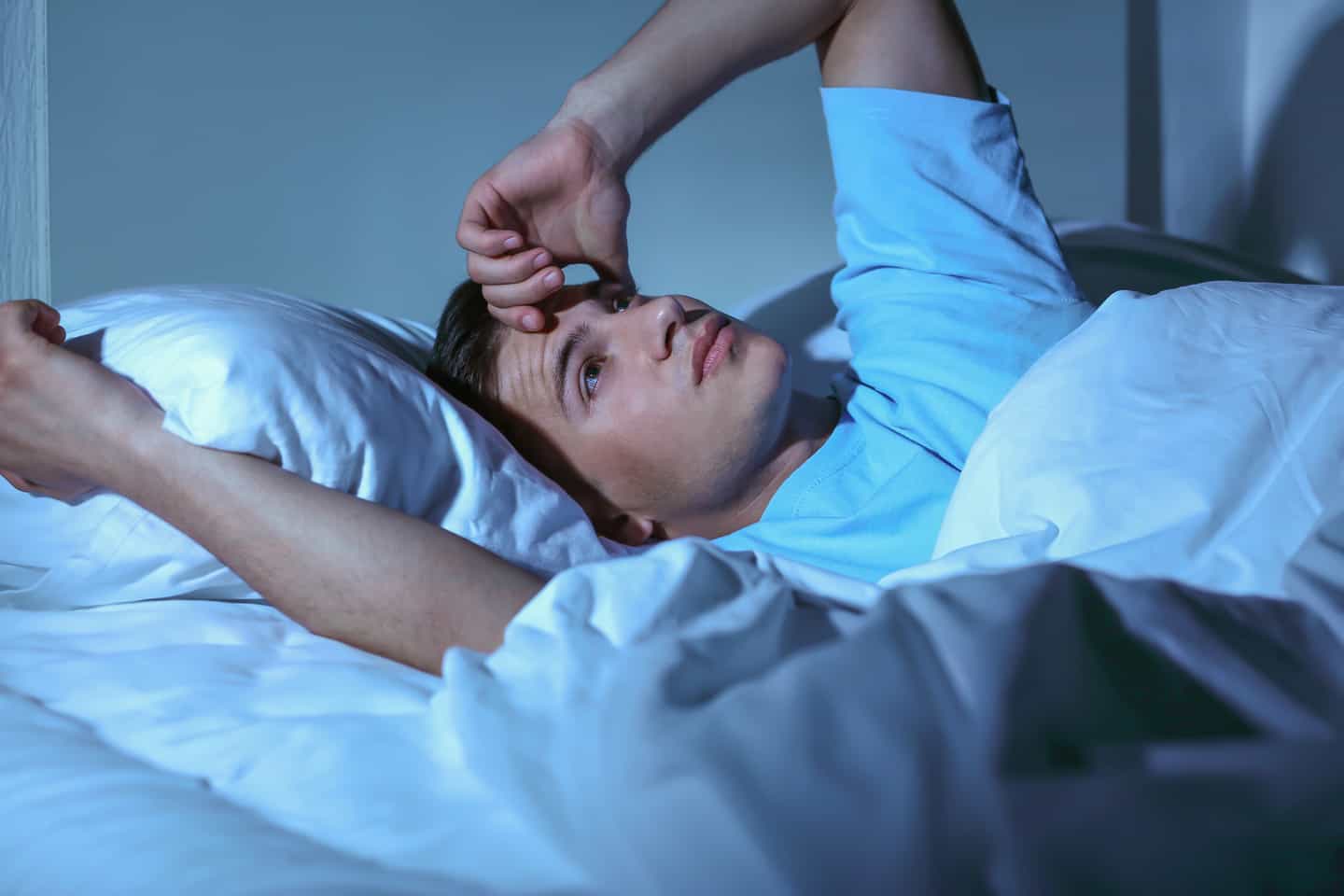Do you experience difficulty falling or staying unconscious? You’re in good company. As indicated by Psychology Today, 1 out of 3 individuals is influenced by sleep deprivation.
While serious a sleeping disorder, persistent sleep deprivation, or sleep deprivation identified with emotional well-being conditions or actual distress will probably require extra treatment from a medical care proficient or rest advisor, there are a few things you can do to assist with working on your capacity to nod off today.
Look at the eight simple tips beneath, make them part of your everyday practice, and you will ideally, over the long haul, begin getting results.
Stay away from daytime rests or if nothing else keep rests short and on a normal timetable. In the event that you have a restless evening, don’t rest late. Get up at your typical time in any case. Specialists at the Division of Sleep Medicine at Harvard Medical School say that keeping a normal rest plan—even on ends of the week—keeps up with the circumstance of your inward clock to assist you with nodding off more without any problem.
Get some activity during the day (yet not very near sleep time.) In a review distributed in the diary Sleep Medicine, already idle more established grown-ups with persistent a sleeping disorder who practiced three or four times each week for around 30 minutes rested more adequately than the individuals who didn’t work out. The exercisers rested around 45 minutes to an hour longer on most evenings, woke up less regularly, and experienced less daytime tiredness. This doesn’t mean you need to join a rec center or begin preparing for a long distance race. You can begin by going for strolls, checking your means with a Fitbit or cell phone, or working in your nursery—whatever you partake in that gets you going more.
Talking about work out, attempt yoga. No, you don’t need to do headstands, yet some yoga extending has been displayed to assist with rest. A review in the Journal of Clinical Nursing, for example, discovered that attendants who rehearsed yoga had lower pressure and further developed rest contrasted and the individuals who didn’t. The attendants in the review did about an hour of yoga somewhere around three times each week after work.
Eat a reasonable, little supper (around 500 calories, says WebMD) that incorporates protein and complex carbs and afterward, maybe, a little carb-rich nibble of saltines and organic product or toast and jam before bed. Stay away from anything too zesty in the evening. Remember that as you change your eating to incorporate this little supper, you might have to transform lunch into your greatest feast of the day.
Change your sleep time gradually. As per the National Sleep Foundation you should set your sleep time and wake-up time based the measure of rest you are right now getting and afterward progressively increment that complete rest time by somewhere around 15 minutes like clockwork. In the event that you endeavor to change your rest time by an excessive amount of too early, you may just prevail with regards to getting baffled.
Invest energy slowing down before bed. One rest master suggests beginning an unwinding routine around two hours before your sleep time. What considers slowing down? It relies upon the individual, yet I can listen for a minute doesn’t count: working and gadgets. Take a stab at perusing, paying attention to music, a steaming shower, or delicate extending all things considered. Sitting in front of the TV in the nights is OK, however it’s suggested that you focus on a sans screen hour before you at last move into bed.
As a component of your unwinding schedule, relish a warm, no-caffeine drink. Natural tea is a pleasant decision. The National Sleep Foundation suggests chamomile, ginger, or peppermint tea, or warm milk noticing that there might be a connection between the tryptophan and melatonin in milk and better rest.
In the event that rest will not come, make an effort not to get restless or disturbed. I realize this is MUCH more difficult than one might expect however endeavor to clear your psyche. Compose your concerns away utilizing a scratch pad kept at your bedside. Consider positive recollections, most loved quiet places, and things you are thankful for. Still can’t rest? Get up and accomplish something unwinding for thirty minutes and afterward attempt once more. Try not to worry about the rest you are absent. Advise yourself that rest comes in various structures. The National Sleep Foundation says that resting with your eyes shut, while not as gainful as genuine rest, can diminish pressure, further develop mind-set, and increment sharpness.
In the event that your rest concerns don’t improve with these and other essential rest cleanliness enhancements, or then again on the off chance that you have other ailments or psychological well-being factors affecting your rest, make certain to contact your PCP or to a prepared rest advisor for help. The individual might suggest intellectual social treatment for sleep deprivation (CBT-I). To make rest discussions with your medical care proficient more useful and productive, attempt one-week rest journal application. The application engages you to effectively gather and record precise rest data—data your PCP should assist with making your singular treatment plan.
